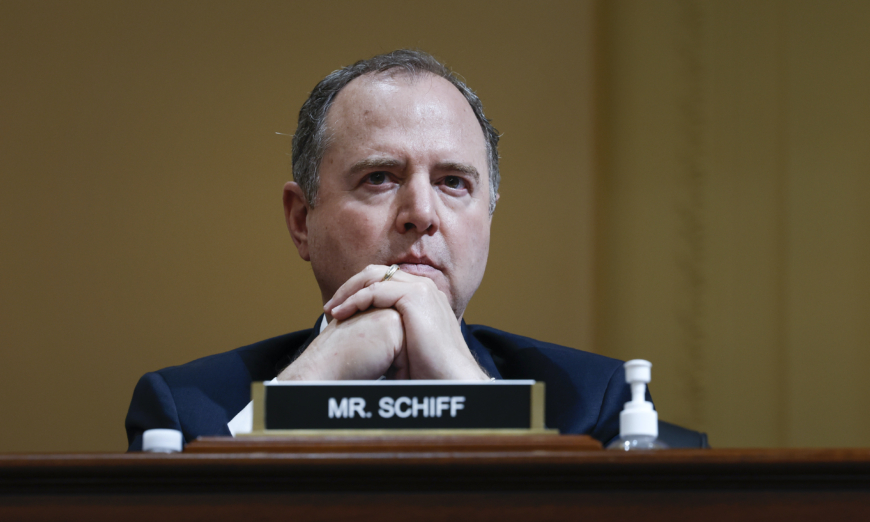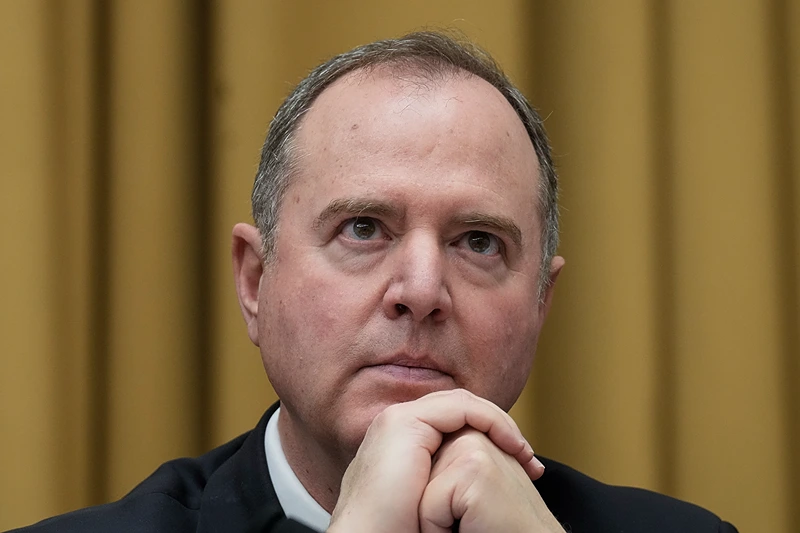Taxes Heading Higher in 2023 as Democrats Allow Trump-Era Tax Overhauls to Phase Out
The United States is expected to have a higher federal tax burden in 2023 because of Democrat policies and the phasing away of Republican tax overhauls. This will be combined with an anticipated increase in corporate minimum tax for multi-billion dollar companies.
The Inflation Reduction Act of (IRA) contained several modifications. businesses Higher expectations taxes. Some of the temporary provisions contained in the 2017 Tax Cuts and Jobs Act are due to be phased out by 2023. According to the Joint Committee on Taxation these two developments could result in additional tax increases for businesses of $115 trillion.
“On the impact of tax increases in a recessionary period, we are highly concerned,” Chris Netram, managing vice president of taxation and domestic economic policy at National Association of Manufacturers (NAM), is Chris Netram. said Fox.
“Some of the items that have already taken effect, that Congress failed to reverse at the end of last year, are causing a lot of pain for our members.”
Two tax policies within the IRA are expected be to have a significant impact on businesses: the stock purchase tax and the new corporate minimal tax. These provisions were in effect as of the beginning 2023.
Democrat Tax Burdens
The new corporate minimum taxes levy a 15% tax on American businesses making more than $1B in annual book income for three consecutive year. The average effective corporate tax rate is expected to increase from 18.7 percent up to 19.3 percent.
Around 200 of America’s biggest companies with more than $1 billion in profits are likely to be affected by the corporate minimum tax. They typically pay less than the 21% tax that firms are subject to. The minimum tax rule also applies to foreign companies that have more than $100 billion of book income in the United States.
The new tax policy requires that companies who meet these conditions calculate their taxes according to two methods: the 15% corporate minimum tax rule or the 21 percent income tax rules. The higher tax must be paid. The change will be most detrimental to businesses that operate in the real estate and mining sectors.
Stock buyback taxes impose a 1 percent tax on publicly traded companies that repurchase stock. Experts estimate that this tax could force companies to hold more cash than necessary, even though the money could have been used for investment.
UBS strategists calculate that the two taxes will have a negative effect on company earnings. They estimate a 1.5 percent drop per share for firms listed on S&P 500 Index.
" Conservative News Daily does not always share or support the views and opinions expressed here; they are just those of the writer."






